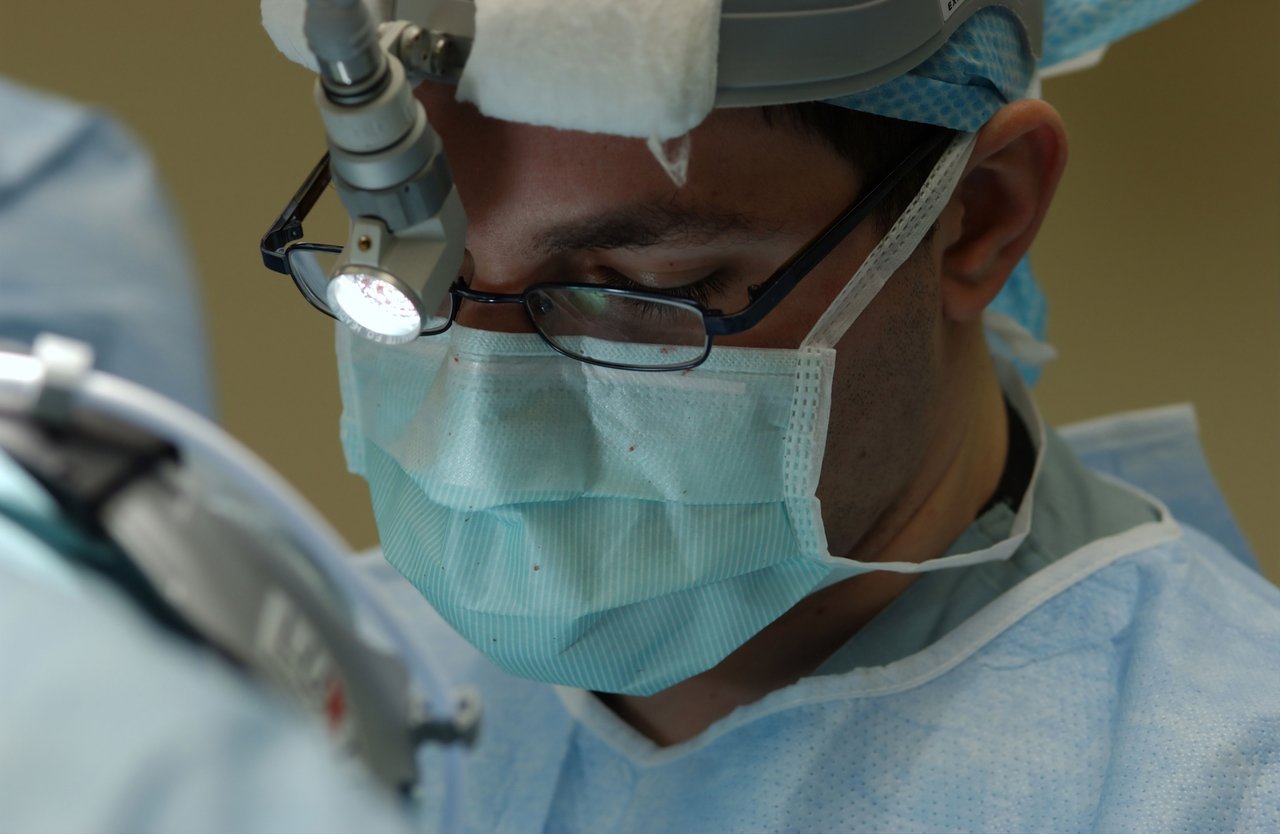Circumcision is one of the most common surgical procedures that males undergo, but it is also one of the most misunderstood. Many know it as a religious practice followed by Jews and many Muslims, with many others following suit as a family tradition. Other cultures see it as a rite of passage, a practice that boys undergo to become men.
While these are basic beliefs ingrained in society, the mere act of circumcision has a lot of weight in terms of personal hygiene. Although not entirely necessary, circumcision is still recommended to go through for the potential health benefits that it can provide.
The surgical procedure of circumcision involves the removal of the skin covering the tip of the penis—more commonly known as the foreskin—and sewing it back together. As one of the most common procedures a boy undergoes, urologists recommend this procedure for its distinct link to personal hygiene and preventive health care.
Thanks to the advancements in technology, circumcision can now be performed for newborn babies, albeit it’s a more complicated procedure. Due to its reputation to certain groups as an unnecessary or disfiguring practice, it’s ultimately left up to the parent whether a child is to undergo it.
There are quite a number of reasons that an individual should undergo circumcision, chief among which is if it’s necessary. Certain individuals are born with the foreskin too tight to be retracted from the glans—which makes it a necessity to perform the procedure.
For those considering to get themselves or their children circumcised, here are several benefits it would grant an individual.
Circumcised penises are much easier to clean as compared to those that aren’t. The foreskin proves to be an area commonly forgotten to be washed which can accumulate dirt and bacteria if not cleaned properly. Despite this, it’s entirely possible for an individual to learn proper hygiene for washing an uncircumcised penis.
Males with circumcised penises are less likely to contract urinary tract infections (UTI) and sexually transmitted diseases (STDs). While this is the greatest benefit of circumcision, it is still recommended to take other preventive measures (such as condoms) to avoid contracting STDs and infections.
The circumcision of a penis is also correlated to powered risks for contracting penile cancer. Although the risk of this is already low to begin with, circumcision has been noted to keep the rates of this down as well.
As circumcision is a surgical process, there are some risks to having it done, which are mostly due to incorrect handling. The foreskin may be cut too long or too short, or even incompletely cut off—resulting in the need for corrective procedures. To avoid such risks, the best option is to approach a licensed urologist for the procedure.
More than just a religious or cultural practice, circumcision is a procedure that has several health benefits for an individual. While these are definitely present, it ultimately falls to an individual’s decision as to having it done.
Are you looking for a circumcision doctor in New Jersey that performs adult circumcision? Get in touch with us today and have one of the best urologists in New Jersey handle the procedure!
Disclaimer: All content found on the UUANJ.COM Website, including text, images, audio, or other formats were created for informational purposes only. The content is not intended to be a substitute for professional medical advice, diagnosis, or treatment. Always seek the advice of your physician or other qualified health providers with any questions you may have regarding a medical condition. Never disregard professional medical advice or delay in seeking it because of something you have read on this website. If you think you may have a medical emergency, call your doctor, go to the emergency department, or call 911 immediately.


